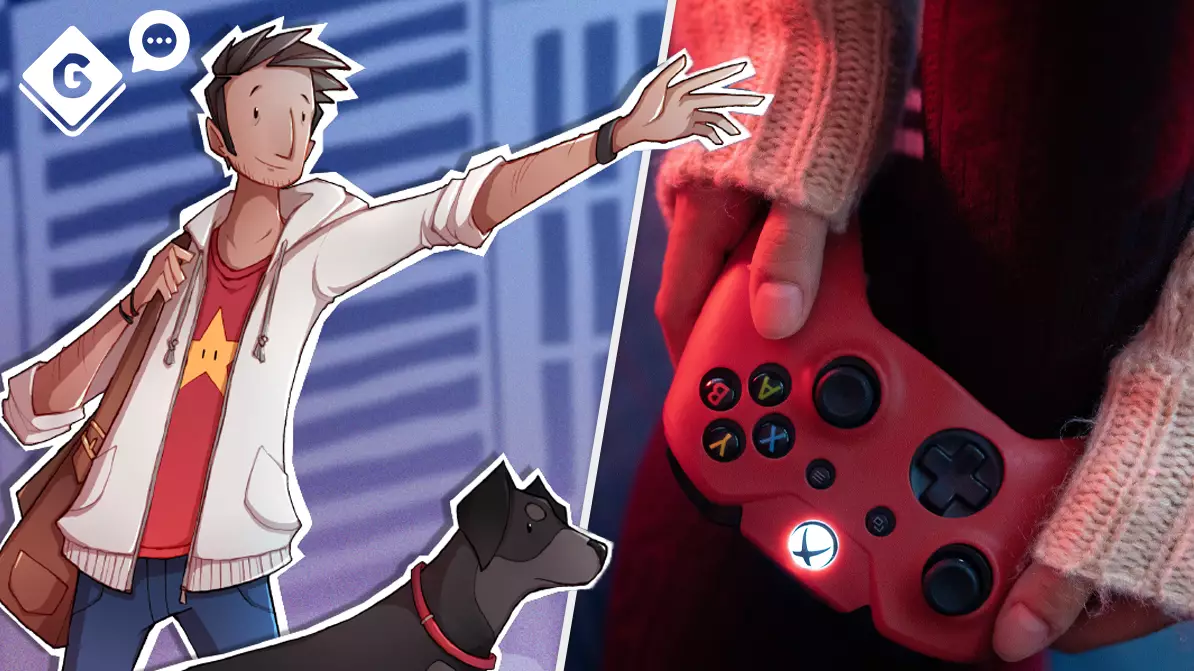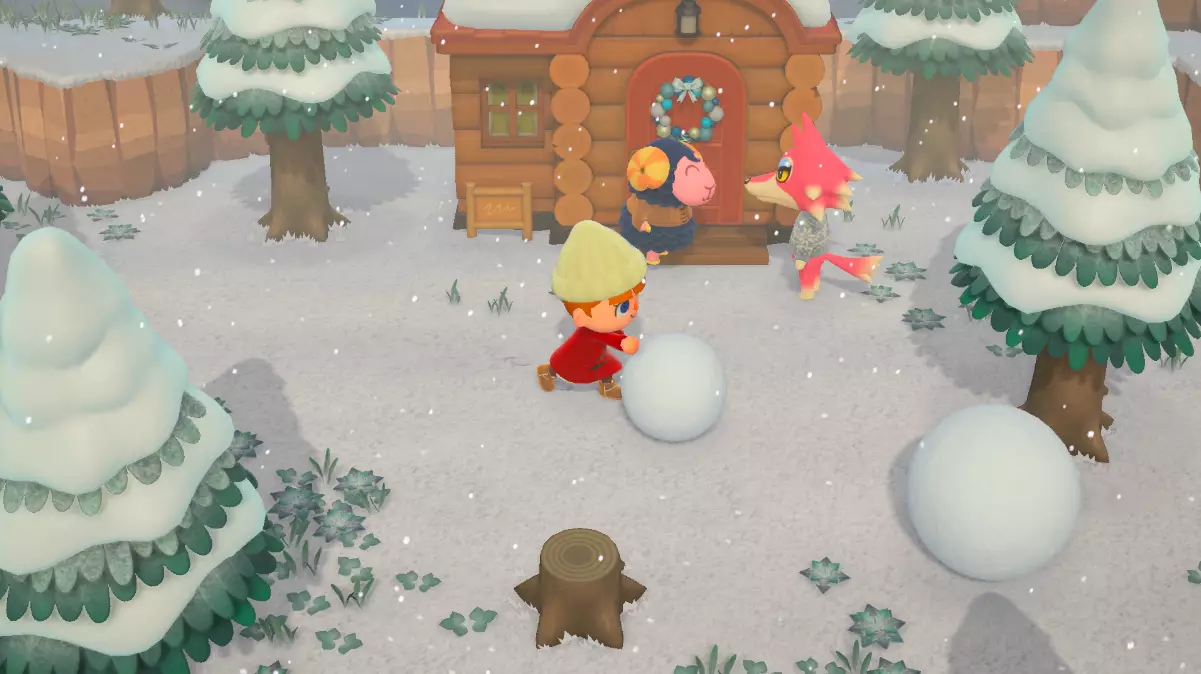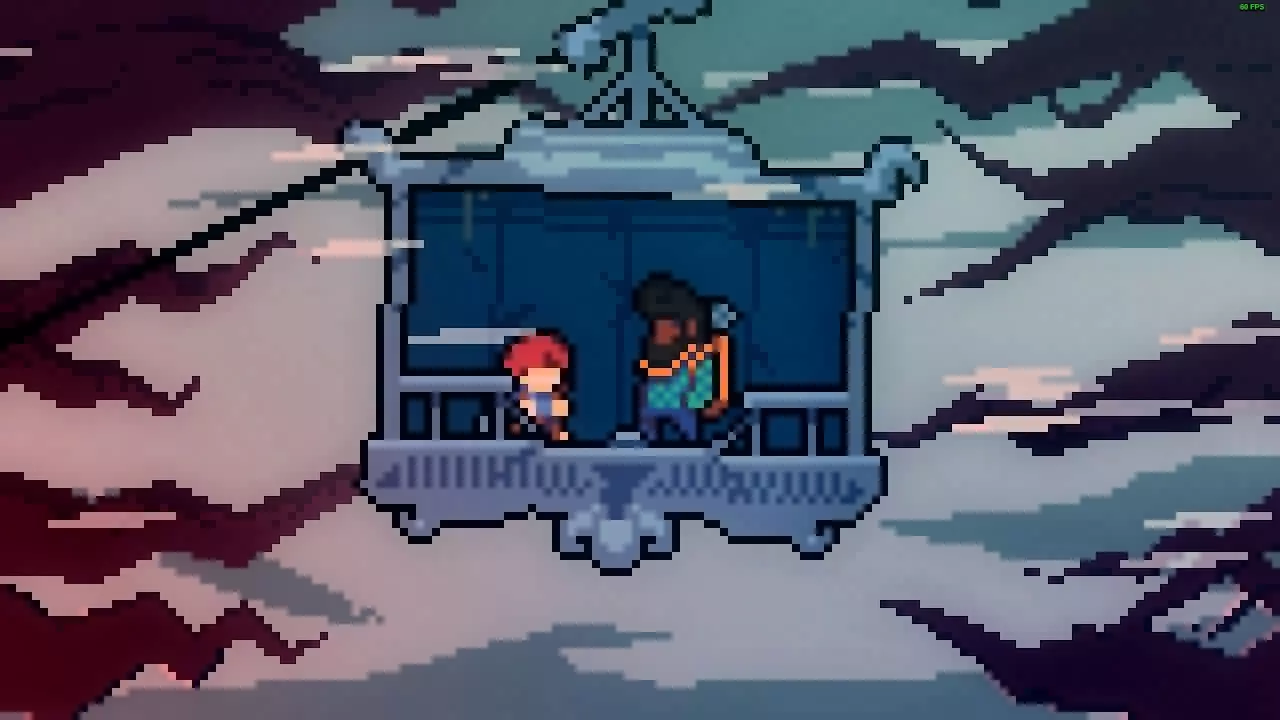
Let's jump right into it: gaming is a pretty perfect hobby to get into over the lockdown. You've probably got a console knocking about in the house, perhaps it's a Nintendo DS with its cartridges stowed away in a box somewhere. Most laptops are zippy enough to play PC games, and apps like Discord are better than ever before for keeping up with the community.
Failing that, you've got a smartphone, and mobile gaming is much, much more popular than the mainstream would like to let on. With offices closed, non-essential businesses temporarily shuttered, and the mantra that social distancing stops the spread of the virus, lots and lots of us turned to gallivanting in games to fill our free time.
The cutesy utopia of Animal Crossing: New Horizons became a symbol of stability in the beginning of the pandemic, and surprisingly, older people spent the most time and the most money on video games last year. Imaginably, the draw wasn't only something to twiddle our thumbs over while we waited for this to blow over. Mesmeric virtual worlds that are an escape from the four walls we've gotten so accustomed to, engaging storylines that place the player in the director's chair, and characters whose growth and personalities stick with us like catching up with an old friend.
Advert
I spoke to Jennifer Hazel, founder and director of CheckPoint, to explore the psychological grounding behind this phenomenon.

An Australian charity founded in 2016 with a global reach, CheckPoint's work connects mental health with video games, and emphasises that play is a fundamental part of humans' physical and emotional wellbeing. Its clinical research blends psychological and psychiatric perspectives with virtual experiences, and builds upon what's out there in order to guide and advise those with depression, anxiety, personality disorders, and addiction, to name but a few.
"I had been attending conferences and conventions as a fan for some time," said Jennifer of her motivation to bridge these two fields. "I noticed there was increasing talk about mental health and as I was specialising in psychiatry in my career as a doctor I felt I could make a real difference. Initially I started speaking about mental health to gamers at events - topics such as mental health representation and using games for positive wellbeing. The flood of positive feedback was immediate and very motivating. I realised this was something that gamers not only wanted to but needed to talk about and so I founded CheckPoint to fill that need."
Advert
Indeed, I'm sure lots of us are able to pick out a great many AAA games and indie games that delve into these topics. From The Last of Us, to Silent Hill, to Stardew Valley, it's encouraging to see that genre is not a barrier to including these sorts of conversations.
"Developers - and creators in general - are becoming more mindful of issues that matter to society and the impact their work has on real people," explained Jennifer. "We have good evidence that the way mental illness is depicted in the media actually impacts public perception, and can either increase or tackle stigma, which has a knock-on effect on the way people seek help when they are in need."
Life Is Strange, Hellblade: Senua's Sacrifice, and Celeste get a mention here from Jennifer, as they lay the foundations that allow players to "recognise their own stories in the characters, and promote help-seeking behaviour".
Advert
Part of this is through your own embodiment of the character in the story. You and this person might be like chalk and cheese at first blush; I don't think a lot of us have a lot in common with the crown prince of Lucis on paper. Yet, following these characters, experiencing their personal growth and perhaps even encouraging it, engenders an emotional response.
"It was validating to my own experiences and anecdotal evidence I'd heard to see how deeply RPGs impact wellbeing during play," continued Jennifer, citing the "level of player autonomy and the depth of character connection" as opportunities for validation between the avatar and the player.
"There have been a couple of surprising findings too," she said. "For example, the fact that psychological horror titles correlate strongly with positive wellbeing outcomes. The next research we do I want to look into why this is."
I've got to agree. Playing and completing games like Outlast, Little Nightmares and Amnesia: Rebirth are cathartic for me, though that hadn't really occurred to me until Jennifer put it into words. Not only are these findings furthering the field of mental healthcare, but CheckPoint fosters friendship and collaboration between people around the world. GamerMates is its Discord server which offers support on difficult days and sets up group sessions in games like Overwatch and Tabletop Simulator. For lots of us, virtual gatherings have replaced those that occur in the real world, and I wondered how our psychological needs as a whole have been impacted by this shift.
Advert
"First of all I want to reassure people that video games can be a healthy and adaptive means of coping with the challenge of lockdowns," said Jennifer, and voiced the importance of balance. "First of all, we have to ensure that all of our basic needs are met - food, cleanliness, sleep, shelter. This includes the things that we must have to function in society, like going to work or school - or another meaningful activity - having social interactions, paying the bills and rent, etc. As long as they are being done, game as much as you want, in my opinion.
"Gaming can be a great way of achieving social interaction, can be a meaningful and creative hobby, and can be a great means of dealing with life's stressors. Just getting in there and giving your mind a break from everyday stress is a healthy coping mechanism."

As aforementioned, CheckPoint has a wealth of resources addressing things like eating disorders, intrusive thoughts, and even remediating feelings of burnout. "The more people have eyes on this information, the less moral panic there is, the more comfortable we feel with gaming and the more people know about how to game in a healthy way," said Jennifer.
Advert
If the charity's work resonates with you, CheckPoint has a series of articles promoting effective self-care throughout the pandemic, and The Digital Coping Companion - a card set based on cognitive behaviour therapy, dialectical behavioural therapy, and behavioural activation, which is available via a donation. There are also countless communities welcoming fresh faces who'd like to find a group to game with, and that's including the charity's own Discord.
And when it comes to unwinding from the stresses of the real world, Jennifer is partial to an RPG. "My favourite games of all time are Zelda: Link to the Past, Silent Hill 2 and The Last of Us," she replied. "I also love Spelunky and Spelunky 2 and have clocked about 400 hours on them cumulatively." Cor.
Also read:
Short Video Games Are Brilliant For Beating Lockdown Blues
How Video Games Saved My Mental Health Through The Pandemic
A Lockdown Letter From Roger Clark, AKA Arthur Morgan
---
There are various resources that can help provide mental health support, including MIND, Samaritans, Safe In Our World and CALM:
www.mind.org.uk
0300 123 3393
www.samaritans.org
116 123
Topics: Mental Health, Interview